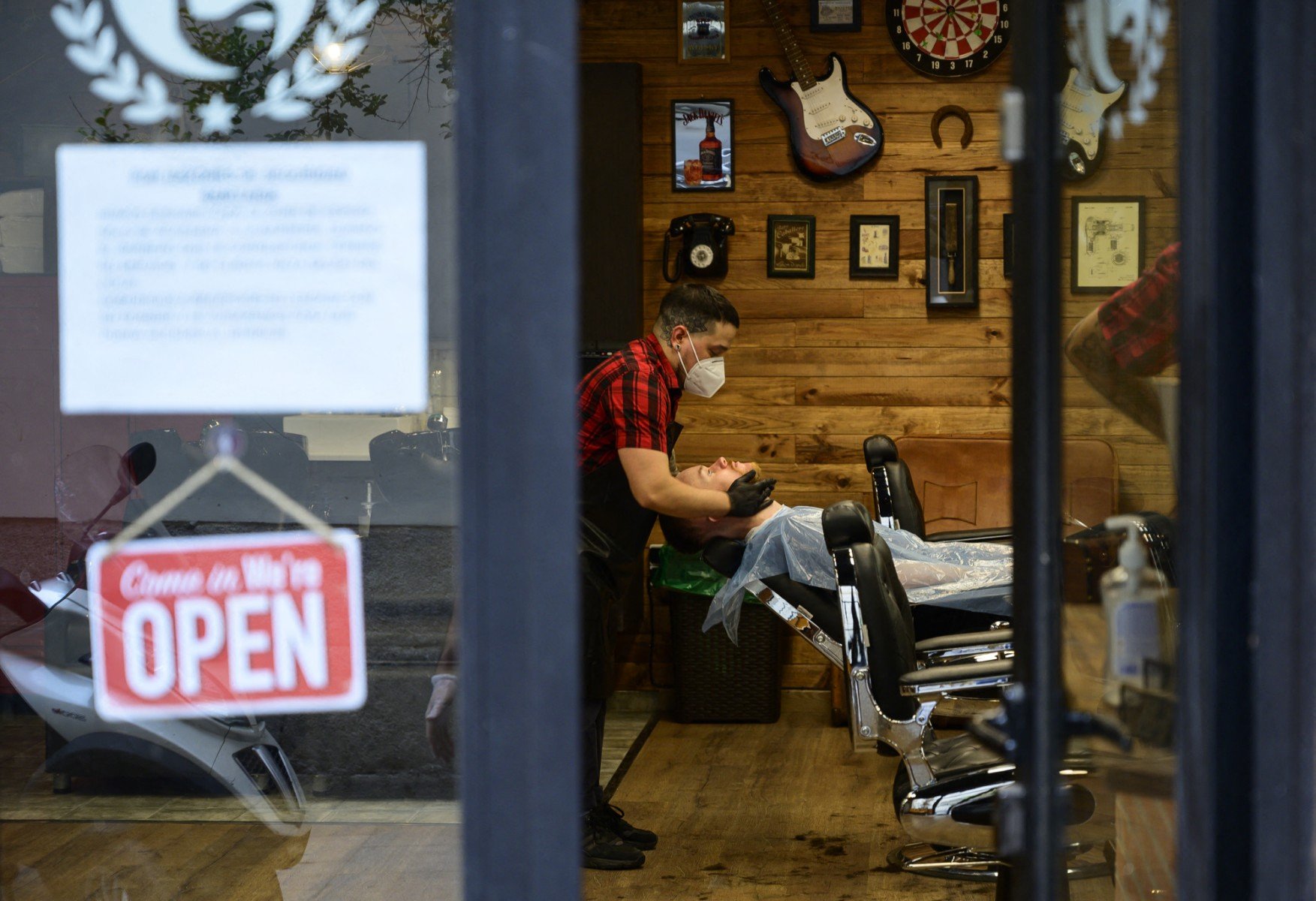Shorouk Express 
Many foreigners dream of relocating to Spain and opening a business.
Language and culture shocks aside, dealing with Spanish administration and bureaucracy may actually be one of the biggest hurdles to making it a reality.
On that note, you may need something known as a licencia de apertura — an opening licence — to operate in Spain.
READ ALSO: What’s it like to set up a bed and breakfast in Spain?
What is the opening licence?
According to business license experts Pleya.es, “the opening licence is a procedural step that serves to demonstrate that a premises, an office or a warehouse complies with current regulations for carrying out a specific commercial activity.”
In Spain, the local town hall (known as el ayuntamiento in Spanish) is the body responsible for granting opening licences for each municipality.
Therefore, exact requirements can vary from one municipality to another and it’s important to check with the town hall for any specifics in your area.
Generally speaking, the requirements for a business to obtain its opening licence include technical, environmental, hygiene and urban planning considerations.
Once the licence has been obtained, it doesn’t usually need to be renewed unless the activity or establishment changes that could require further certification. In other words, when the business dramatically changes what it does.
Advertisement
Which businesses don’t require an opening licence in Spain?
The key thing to understand is that whether or not a business needs an opening license depends on the impact they generate on the local surroundings. Here we’re talking about noise, damage, pollution, inconvenience for local people, and so on.
No license
Businesses that are what Pleya would describe as “harmless business activities” don’t require a license in Spain. These are commercial activities that don’t create any significant inconvenience or negative environmental impact or pose a risk to people.
This includes fashion and beauty retailers, florists, hairdressers, bakeries, fishmongers, butchers, greengrocers, wine shops, household goods retailers, musical instrument retailers, repair shops, photo studios and laundrettes, as well as office-based businesses such as estate agents and travel agencies.
If you aren’t sure if your business meets the criteria, be sure to check with your town hall. Many have a list of exempt businesses.
Note that legal experts Asesoría Orihuela Costa state that smaller premises (literally in terms of physical size) are also usually exempt from the license: “For premises of less than 300 m/2, it is not necessary to obtain prior permission to open, but it is sufficient to submit a declaration of liability or prior notification to the local council.”
Again, this might depend on the municipality.
Advertisement
Businesses that need a license
In theory any business that doesn’t fit into the above parameters could need an opening license in order to operate in Spain.
It’s also important to understand that in Spain businesses doing so-called ‘qualifying activities’ (actividades calificadas in Spanish) do need a license.
These are businesses that engage in commercial activity that could be considered harmful, unhealthy or dangerous.
These include sectors like hospitality and nightlife establishments (think noise pollution and impact on neighbours) as well as certain types of industrial activities such as factories that might impact the surrounding environment.
In these cases, a series of health, environmental and safety measures must be taken in order to get the license.
READ ALSO: Self-employed in Spain: What you should know about being ‘autónomo’













